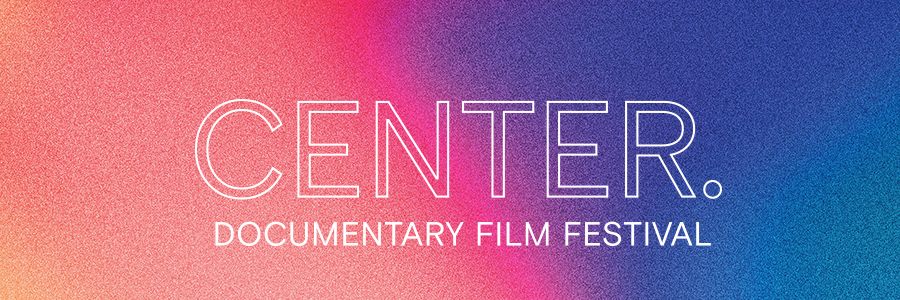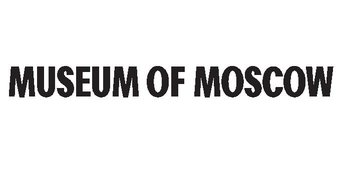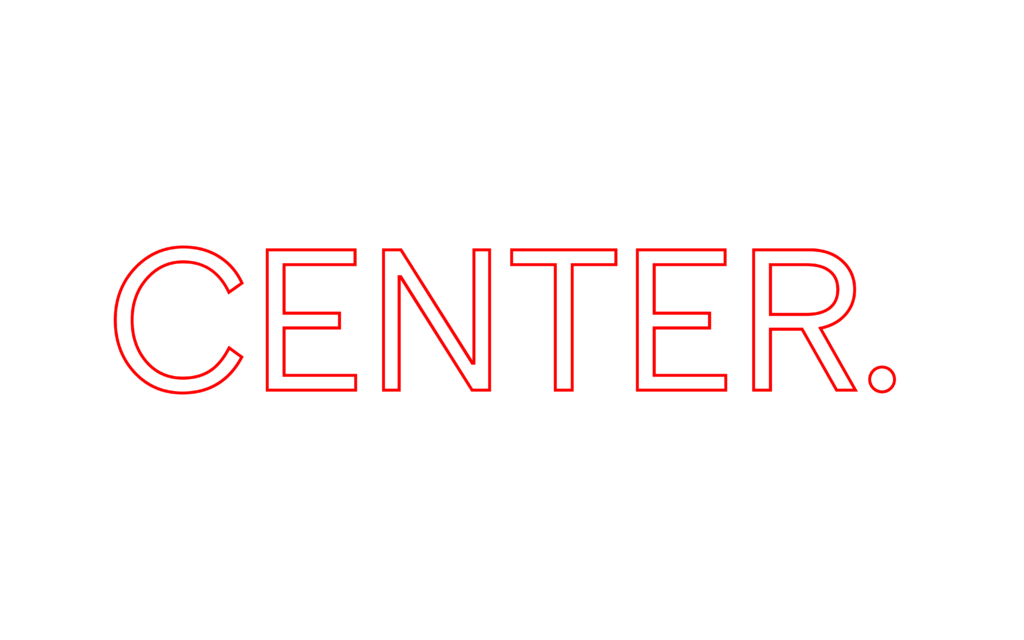
September 13–16 , 8 PM
From September 13 to September 16 for the second consecutive year New Holland will become one of the venues of Center Festival, an annual documentary film festival about urban culture and contemporary society organized by Documentary Film Center and Museum of Moscow. The festival program includes Russian premieres of documentary hits from the current festival circuit that explore issues related to urban and social life.
Through contemporary documentaries the festival aims to present the city as a space for social interaction, as well as to uncover the most important trends that shape the contemporary world and the place of humans in it. This year’s program consists of four sections: Society, Culture, Film Archive and a selection of short films that make up the festival’s first National Competition.
The Society section combines films about the most acute social topics: cyberspace and its legislation, the era of post-truth, and the transforming paradigm of success. The Culture section presents works dedicated to people from different fields of art, eras, and political spaces who share a feeling of defiance of established aesthetic canons and resistance to social stereotypes. Film Archive looks at the issues of modern world through the lens of film history.
New Holland Island will host the screenings of Kusama—Infinity, that will open the program, Kirill Serebrennikov’s documentary After Leto, documentary research on cyberbullying Netizens and Chris Marker’s most notable work Sans Soleil.
Curator — Maya Kuzina, curator of special projects at Documentary Film Center.
All films are screened in their original language with Russian subtitles. Free admission.
September 13, 8 PM
Kusama—Infinity
A motley portrait inviting you to hitch a ride across the galaxy of artist Yayoi Kusama and the history of the second half of the 20th century.
Art historian Heather Lentz, who has been studying Yayoi Kusama’s work for a quarter of a century, made her directorial debut with a documentary about the artist. Kusama—Infinity became the first one of many portraits of the famous Japanese artist, which she approved and supported. Kusama, who has been suffering from hallucinations since childhood, sees the world as a self-repeating weave which is reflected in most of her works composed of dots and other patterns. Kusama perceives herself also as a dot in the endless universe and finds her purpose in reflecting personal experience while trying to make the society a better place through art. Kusama—Infinity offers a beautiful insight into the connection between the biography of Kusama and the evolution of social consciousness in modern history. She grew up in patriarchal Japan and had to make her first artistic steps in the predominantly male American art world of the 60’s. Her public actions in support of women’s and LGBT-rights brought her the reputation of a rebel, and in the 1980s Kusama almost fell into oblivion. However, after a series of retrospectives and the participation in the Venice Biennale, she gained the status of an internationally acclaimed artist whose works are sold for prices that are record-breaking for a female artist.
The film will be released in Russia on September 13 under the brand of Documentary Film Center with the support of Garage Museum.
Sundance Grand Jury Prize Nominee — 2018
TIFF Official Selection — 2018
Director Heather Lenz. USA, 2018. 78 min. 16+
September 14, 8 PM
Netizens
A documentary triptych on cyber harassment and cyberbullying explaining why all the biggest social scandals of the last years are related to women’s rights.
Seven years ago Cynthia Lowen produced Bully — a documentary on the harassment among teenagers in American schools. Her directorial debut partly carries on the idea: in Netizens she observes three women who have the experience of fighting bullying and other offences against person on the Internet. Anita Sarkeesian is a writer and videoblogger who exposes sexism in video games; Carrie Goldberg is a lawyer who handles cases that are constantly ignored by the police, such as revenge porn offences; Tina Reine has dealt with bullying for years, both in real life and online, because of the peculiarities of her appearance. Through their stories the film tangentially addresses the last years’ hottest topics: from GamerGate to WeinsteinGate and the #MeToo movement that started gaining momentum while the project was in production. The film not only highlights the most important facts of these scandals but also invites the Internet users to experience an essential lesson on empathy.
Tribeca Official Selection — 2018
HotDocs Official Selection — 2018
Director Cynthia Lowen. USA, 2018. 96 minutes. 18+
September 15, 8 PM
Sans Soleil
A mind-bending free-form travelogue that journeys from Africa to Japan.
Chris Marker, filmmaker, poet, novelist, photographer, editor, and now videographer and digital multimedia artist, has been challenging moviegoers, philosophers, and himself for years with his complex queries about time, memory, and the rapid advancement of life on this planet. In this offering, French documentary filmmaker takes his cameras to Japan, demonstrating how industrialization and depersonalization often go hand in hand. He contrasts these scenes with the unspoiled vistas of Africa — then contrasts these scenes with piquant glimpses of modernized Europe, Scandinavia, and California.
Director Chris Marker. France, 1983. 103 min. 18+
September 16, 6 PM
The St. Petersburg Diary. Inauguration of a monument to Dostoevsky
“This monument to the writer will stand here, on this street, where the street joins the square. Through his books the whole world has come to know this unusual city, where nature is squeezed into the exquisite proscenium of the streets and squares, and the human being is driven back into his godforsaken and hostile routine by the superlative buildings.”
The documentary cycle The Diary of St. Petersburg was planned by Sokurov as a series of memorials to the cultural life of the city, created through the mediums of film and video. The first film, Inauguration of the Dostoevsky Monument, is a report on the actual event, which occurs in a place near Vladimirski Square, where there is a church and a street. It was in a corner house here that the great author both lived and died. Now, near his last lodgings, there is a market and so the monument stands “between the market and the temple” as the writer Andrei Bitov says at the ceremonial gathering — the main and only event in the film. This is also true of modern Russian life, according to Bitov. Writers, poets, musicians, scientists, actors, priests, museum—workers, the film crew and the film—maker — they are all present in this collective portrait, among the mass of people who have come to celebrate the writer’s memory. This thinker, whose social outlook was deemed incompatible with the official ideology of Soviet Russia not so very long ago, is now a symbol of civic consciousness and the inauguration of the monument to him is seen as an historical event, in which all take part.
Director Alexander Sokurov. Russia, 1997. 49 min. 12+
September 16, 8 PM
After Leto
A concise and emotional documentary sketch about the Russian rock generation filmed by Kirill Serebrennikov on the set of Leto.
Serebrennikov’s Leto deals with the Russian rock myth and its gods blurring the line between the historical accuracy and the images of those heroes. The needed clarity is provided by interviews with real witnesses of that era carefully captured by the director while working on the feature film. Among the participants are Mike Naumenko’s friends and relatives and his wife Natalia Naumenko, who rarely talks publicly, especially in such an honest and free way. On the set of Leto Aleksandr Kuznetsov, who portrayed Skeptic in the film, talks with Artemy Troitsky, Igor Petrovsky, Seva Novgorodsev and Andrey Tropillo about Russian rock, the 80’s, Soviet youth, Leningrad community and the spirit of that time. After Leto is not only an epigraph to Serebrennikov’s film and an amusing evidence of the depicted era but also a reflection on the energy of youth, freedom and restrictions and on what really happened and what did not. This film is a true dialogue between two generations: those who would copy Bowie and T.Rex lyrics and those who are not familiar with deficit and the art of lighting matches on a windy day.
Director Kirill Serebrennikov. Russia, 2018. 53 min. 16+
After the Russian premiere the film will be released in cinemas around Russia on September 6 under the brand of Documentary Film Center.
The Documentary Film Center (DFC) is a cultural and educational project that for the past four years has worked to popularize documentary film-making and to bring it to a wider audience. The project’s principal focus is on non-fiction festival cinema, contemporary documentary films, live show screenings, premiers by independent fiction film-makers, lectures, master-classes, conferences and film festivals. The DFC is at the forefront of organizations bringing prominent and talked-about global premiers to a Russian audience.
Website: centerfestival.cdkino.ru
|
|

|

|










